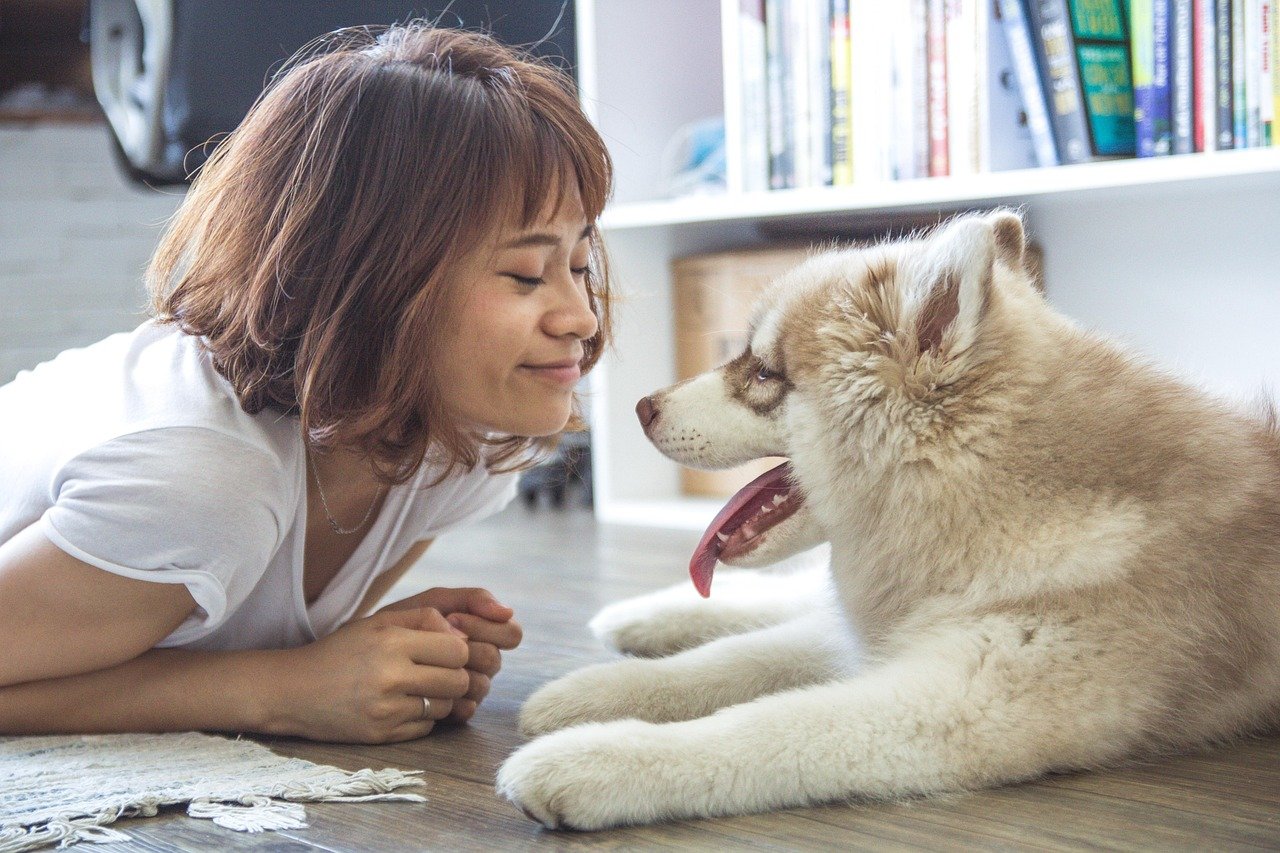Have you ever wondered what goes on in your dog’s mind when you leave for work, or why their tail wags wildly when you come home? Dogs are emotional beings, and just like us, they crave security and comfort. The truth is, our furry friends can feel anxious, lonely, or even scared if their world feels unpredictable. But here’s the good news: there are simple, everyday habits that can turn your home into a safe haven for your dog. Whether you’re a new dog parent or a seasoned pro, just a few changes to your daily routine can work wonders for your pup’s sense of security.
Consistent Feeding Times
Dogs thrive on routine, and one of the simplest ways to help them feel secure is by feeding them at the same times every day. Imagine knowing exactly when your next meal is coming — it’s comforting, right? Your dog feels the same way. Predictable mealtimes create a sense of stability, making your dog less anxious and more at ease in their environment. Even if your own schedule is hectic, try to feed your dog within the same hour each day. It’s a small act that speaks volumes in dog language.
Not only does regular feeding support your dog’s physical health, but it also gives them something to look forward to. Over time, they learn to trust that you’ll always provide for them, which strengthens your bond. A dog that knows when to expect their food is often calmer, happier, and more secure overall. It’s like setting a clock that reassures them the world is running just the way it should.
Daily Walks and Exercise
Taking your dog out for walks isn’t just about burning off energy — it’s about exploring the world together. Dogs are naturally curious, and regular exercise gives them a healthy outlet for their instincts. When you walk your dog at around the same time every day, you’re telling them, “I’ve got your back. The world is safe, and so are you.” This shared activity becomes a daily anchor, grounding your dog’s sense of routine and safety.
Physical activity also releases endorphins, the “feel-good” chemicals in your dog’s brain. It helps reduce nervous energy and destructive behaviors that often stem from insecurity or boredom. Plus, walks are a perfect opportunity for you both to bond. Even if you’re just strolling around the block, your presence and attention are what matter most to your pup.
Predictable Sleep Schedule
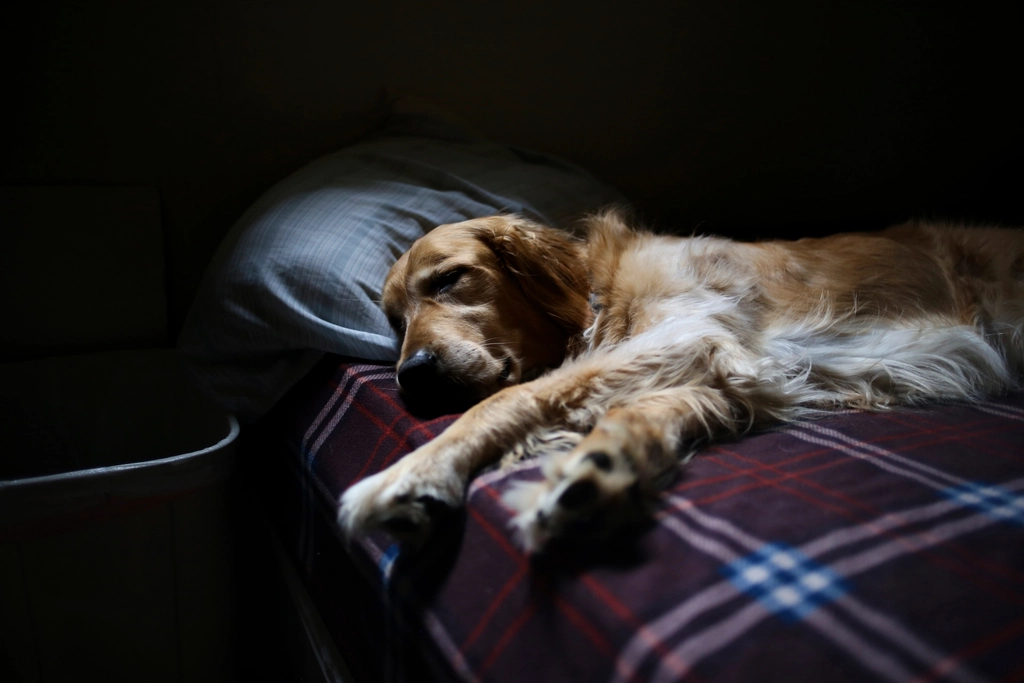
Just like humans, dogs need their beauty sleep. Establishing a consistent bedtime and wake-up routine can do wonders for your dog’s sense of security. Picture yourself as a child, knowing you’d be tucked in every night — it’s soothing, right? Dogs appreciate the same predictability. When they know when to expect rest, it helps regulate their mood and reduces anxiety.
Try to create a cozy sleeping spot that your dog can call their own. Whether it’s a plush bed in the corner or a crate lined with blankets, having a designated spot tells your dog, “This is your safe zone.” Over time, your dog will start to settle down on their own as bedtime approaches, signaling that they feel safe and secure in their home.
Gentle, Positive Interactions
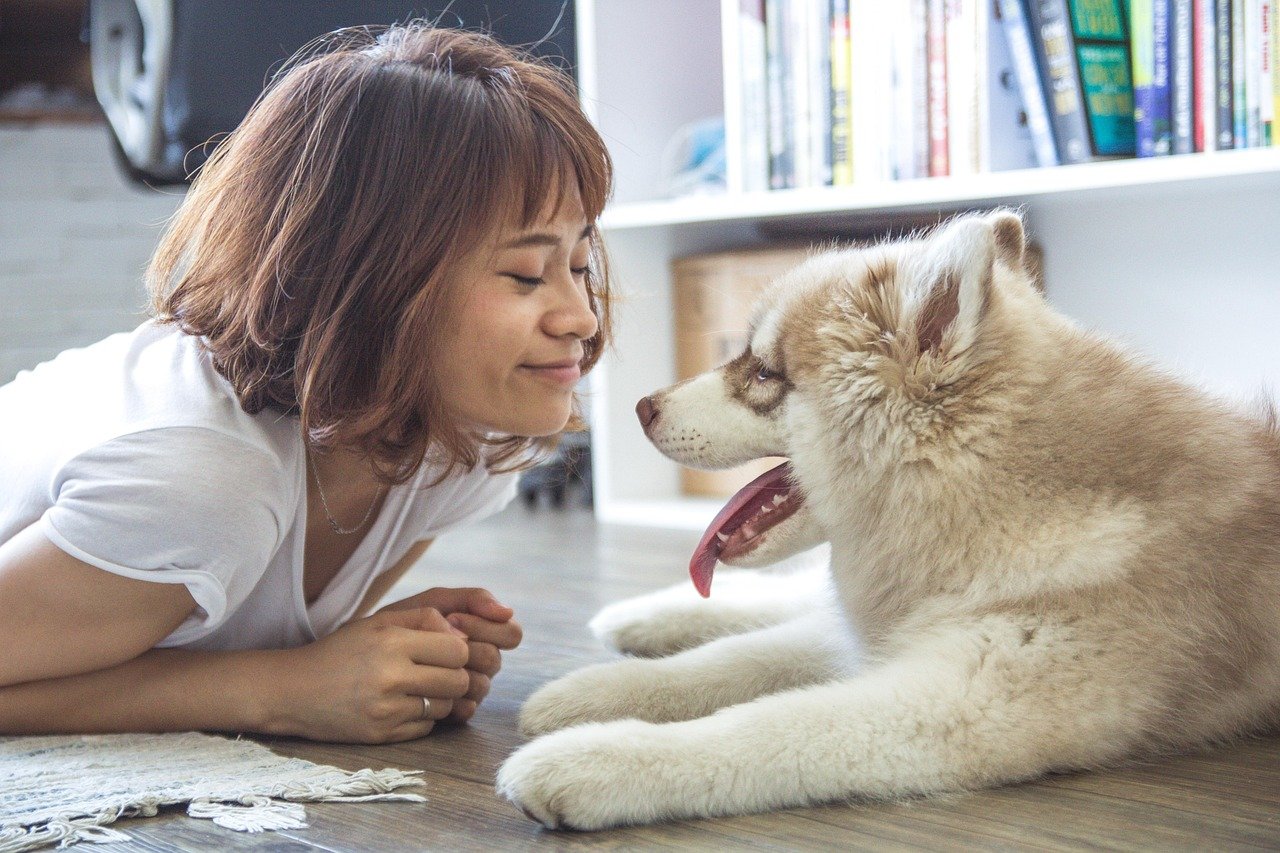
Kindness goes a long way in a dog’s world. Dogs are incredibly perceptive and can easily pick up on your mood. When you greet your dog with a gentle touch or speak in a soothing voice, it reassures them that everything is okay. Positive, calm interactions help build trust, making your dog more confident and less likely to feel threatened by sudden changes or loud noises.
Training sessions, playtime, and even simple petting are chances to reinforce your connection. Instead of using harsh corrections, redirect unwanted behaviors with positive reinforcement. A treat, a soft “good boy,” or a scratch behind the ears can make your dog feel valued and secure. The more positive experiences you share, the more your dog will look to you as their safe anchor.
Safe Spaces and Comfort Zones
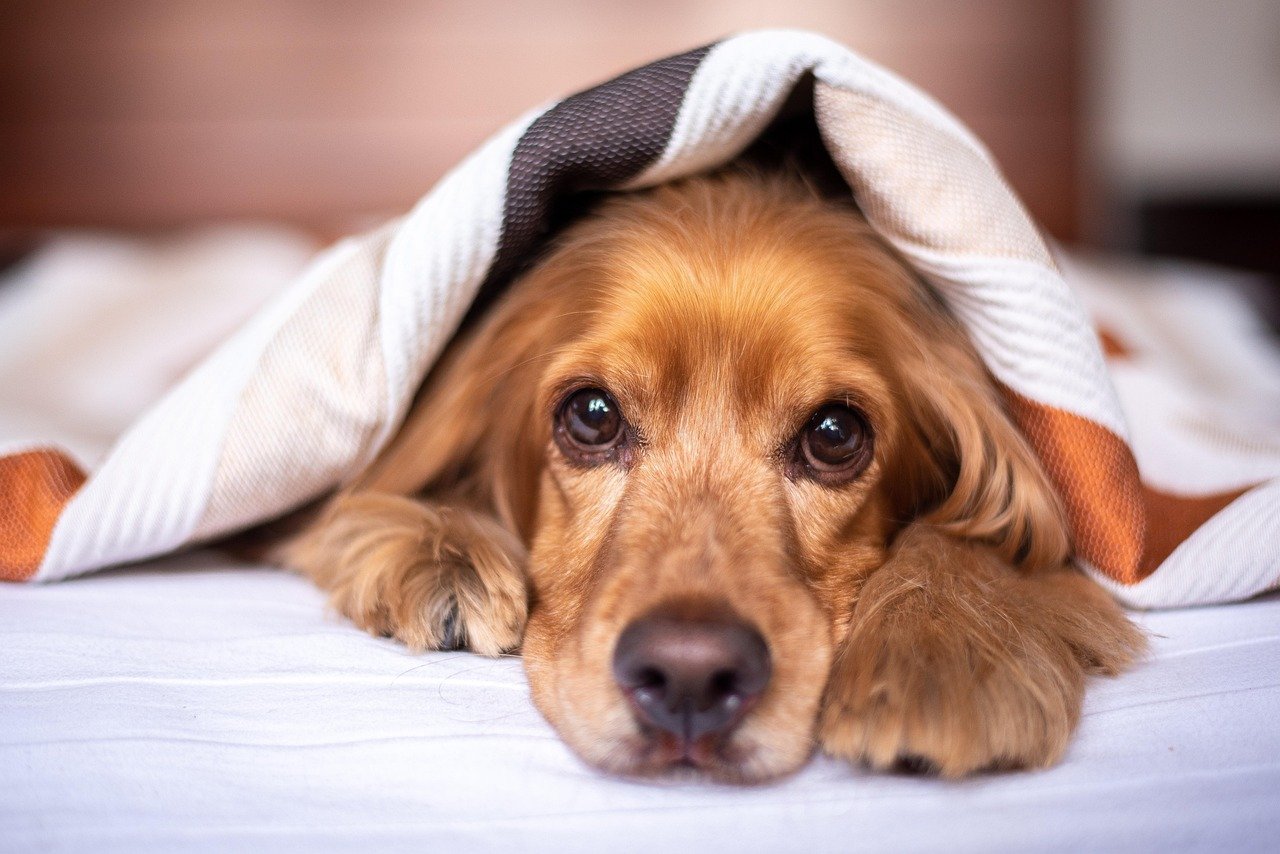
Everyone needs a little space sometimes, and dogs are no exception. Providing your dog with a dedicated area — like a bed, crate, or cozy corner — gives them a retreat when life feels overwhelming. It’s their own personal sanctuary, away from noisy guests or household chaos. This safe space allows your dog to decompress, which is especially important for shy or anxious pups.
Encourage your dog to use their comfort zone by placing their favorite toys or blankets there. Don’t force them into it, but let them discover it as a safe option. Over time, your dog will start to associate this spot with peace and safety, making it easier for them to cope with stress or sudden changes in the environment.
Regular Socialization
Meeting new people and other dogs might seem scary at first, but regular, positive socialization actually helps dogs feel more secure. It teaches them that not every stranger is a threat and that the world outside their home isn’t so scary after all. Start with short, positive introductions and reward your dog for calm behavior.
Socialization doesn’t have to be overwhelming — even a friendly hello from a neighbor can boost your dog’s confidence. The more your dog is exposed to new experiences in a controlled way, the less likely they’ll be to react with fear or aggression. Over time, your dog will learn that they’re safe, no matter where they go or who they meet, as long as you’re by their side.
Clear Communication and Training
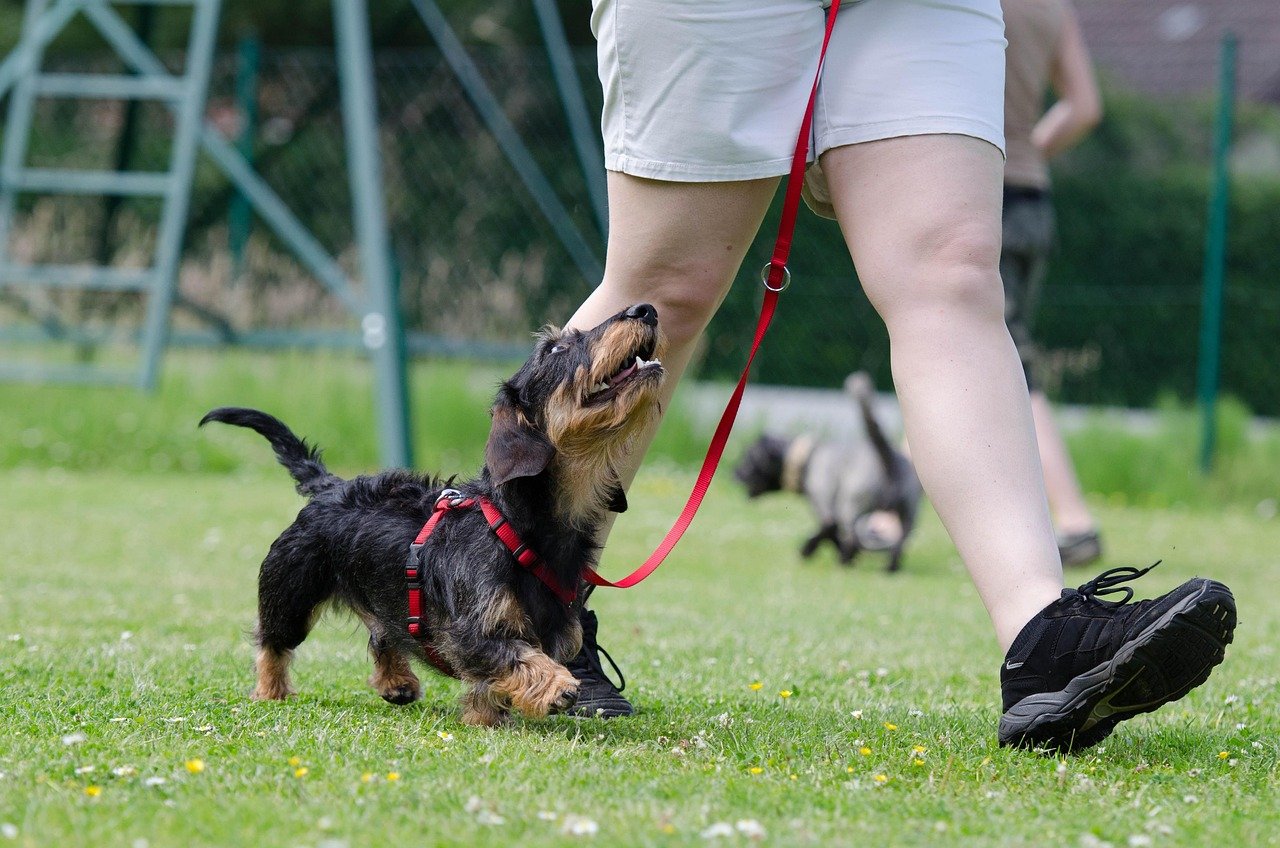
Dogs are eager to please, but they need to understand what you want from them. Clear communication and consistent training give your dog a roadmap for how to behave, which eliminates confusion and anxiety. Use simple commands and stick to them — don’t change the rules from day to day. This consistency helps your dog feel more secure because they know what to expect from you.
Training isn’t just about obedience; it’s about building trust. When your dog gets praise or treats for following commands, they feel proud and connected to you. Even a few minutes of training each day can make a world of difference. It’s like teaching a child the rules of the playground — once they know what’s safe, they can relax and enjoy themselves.
Quality One-on-One Time
Nothing makes a dog feel more secure than knowing they’re loved and wanted. Set aside time every day for just you and your pup, without distractions. Whether you’re playing fetch, teaching a new trick, or simply cuddling on the couch, this special attention reassures your dog that they belong. It’s a powerful reminder that they’re an important part of your life.
One-on-one time also gives you a chance to notice any changes in your dog’s behavior or mood. Maybe they’re more clingy than usual, or maybe they seem a little down. Picking up on these subtle cues can help you respond to your dog’s emotional needs and keep their sense of security strong.
These eight daily habits may seem simple, but their impact on your dog’s emotional well-being is profound. Every small act of consistency, kindness, and attention adds up, creating a world where your dog feels truly safe and cherished.

